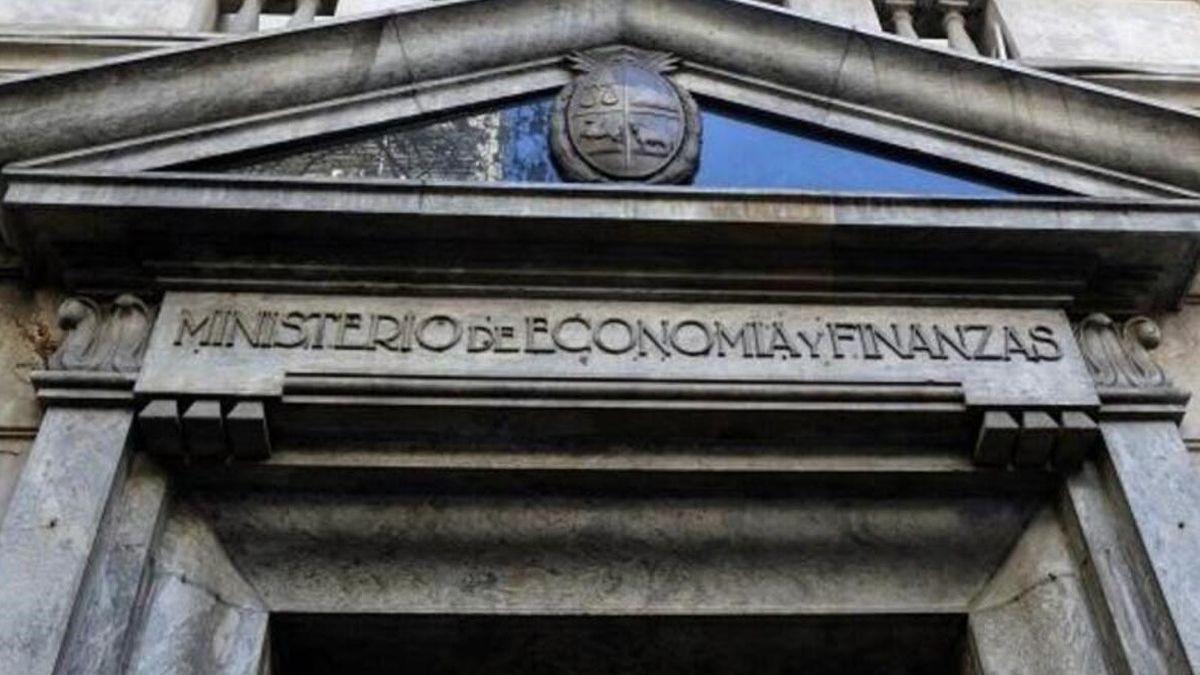He Ministry of Economy and Finance (MEF) proposed in his appearance before the Budget Commission integrated with the Treasury of the Senate for the Accountability the creation of a escrow for the “forty-somethings”, workers who are currently between 40 and 49 years old and who, after the social security reform in Uruguay, They could see their future retirements reduced.
The law of social security reform which was enacted in May and whose first provisions already began to be implemented in August, is a point of concern for the workers between 40 and 49 years old: your benefits will be adjusted after the removal of incentives for those who are voluntarily affiliated with a Pension Savings Fund Administrator (AFAP)so they must decide whether to continue with said affiliation or not—as it is convenient for them.
Given this situation, the Broad Front (FA) proposed to include an additional article to the Accountability to avoid tax consequences possible in the face of a massive disaffiliation of the “forty-somethings” from the AFAP, with a solution similar to the one that was previously implemented in the case of the “fifties”: divert the money of those who prefer to revoke their affiliation to a trust.
The MEF proposal for those in their forties
A line similar to that proposed by the opposition was the one taken by the MEF to try to solve the problem in question, as explained in the Upper House. As explained by the director of the Macroeconomic Consulting from the portfolio, Gabriela Miraballes, Through the proposed additive articles, a trust would be created “to address the issue of forty-somethings, which caused concern.”
The official explained that, given the bonus that eliminated the social security reform “it is estimated that there are a significant number of people who may be affected and make this revocation” of voluntary affiliation. “These people must follow a process similar to that of the fifty-somethings, which is to get advice on the BPS and then take the option. In this case, then, the BPS itself made an estimate of the financial impact with different scenarios,” he indicated.
In this sense, Mirabelles explained that the first scenario contemplates a situation in which 20% of people in their forties—about 52,500—revoke their affiliation with the AFAP, which “would have a financial impact of 896 million dollars in the temporary period in which that revocation is made.” Meanwhile, if 50% of that group, that is, 132,000 people, revoked the option, “it would have a financial impact of 2.2 billion dollars”.
What the additive to the MEF section in the Accountability Statement proposes is “to create a escrow to keep the money from these revocations and invest it for a reasonable time, associated with the retirements that must then be covered with these resources”, in the same way as was done in the case of those in their fifties.
Miraballes also explained that the first added article says that it entrusts the BPS to “constitute a management trustwithin the framework of the trust law, which will be called ‘Social Security Trust II’whose objective will be to manage the trust assets in order to preserve the capital and maximize the cost effectiveness of the managed funds, through prudent risk management over an adequate investment horizon.”
Then, “the possibility of a public fiduciary is established in accordance with the regulations, and also a maximum term of 40 years for the trust, which is more than the 30 years established by the trust law, because in this case a greater number of years would be required in order to match the expenses with the benefits that the BPS has to make. The beneficiary of said trust will be the BPS”, he indicated.
This solution, similar to the one they themselves proposed, was well received in the opposition.
Source: Ambito




